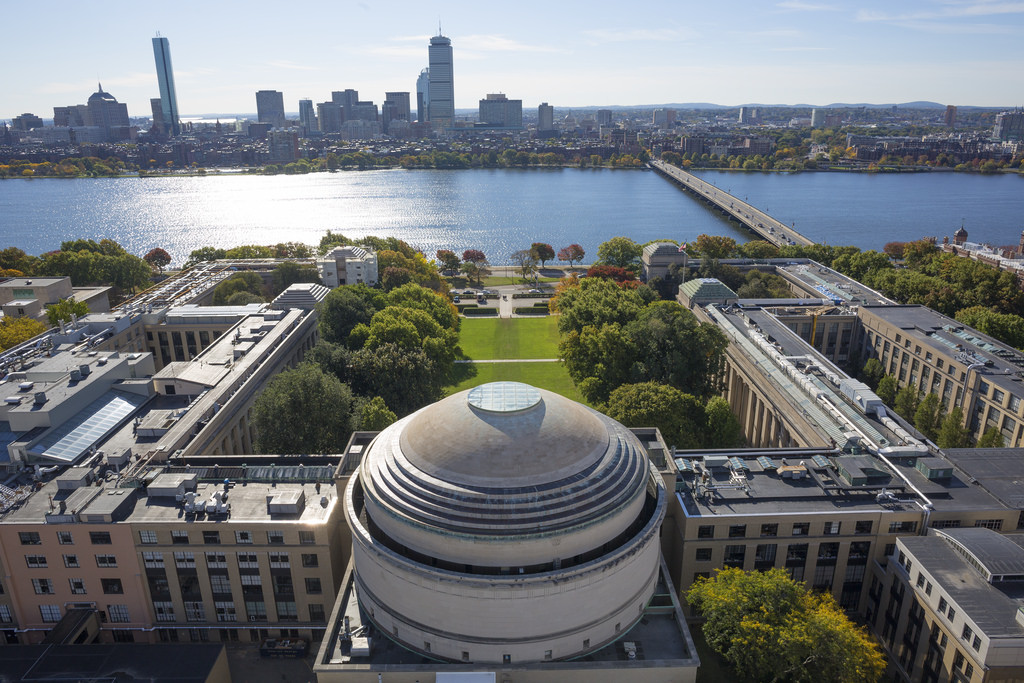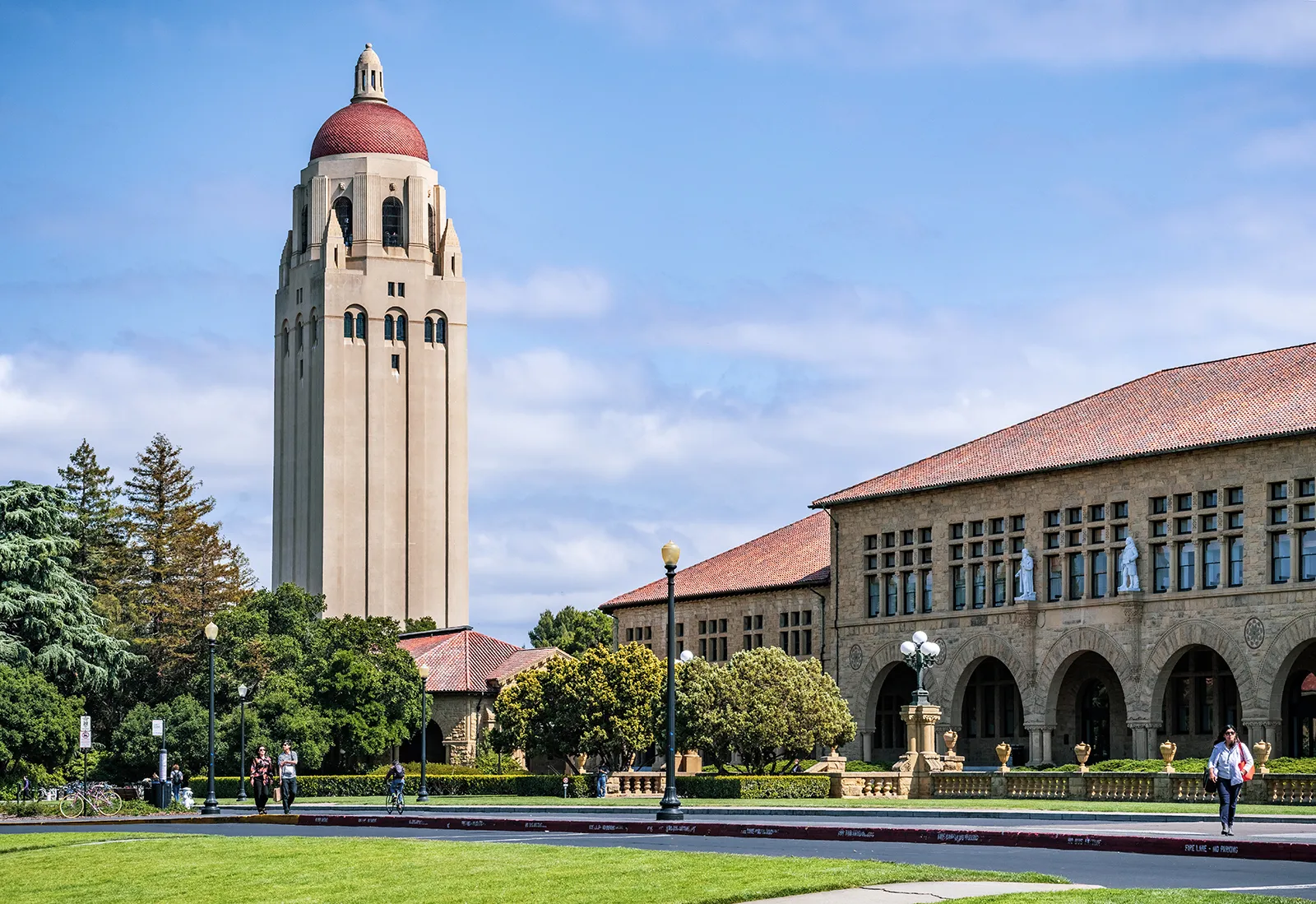Top Engineering Schools in the USA

Massachusetts Institute of Technology (MIT)
Globally recognized for innovation and leadership in engineering, MIT offers world-class research facilities and interdisciplinary programs across multiple engineering disciplines.

Stanford University
Known for its entrepreneurial spirit, Stanford combines rigorous engineering education with strong ties to Silicon Valley and industry-leading research.

California Institute of Technology (Caltech)
Caltech offers a small, focused engineering environment with intensive research and collaboration opportunities in advanced scientific and technological fields.